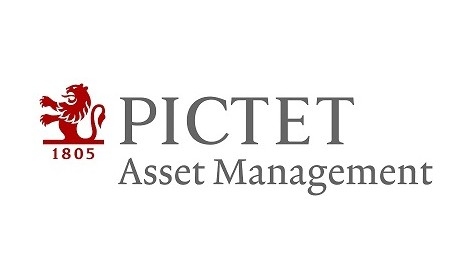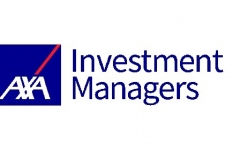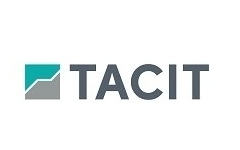Advisers are voicing concerns that they will be footing at least some of the bill for the FCA taking partial responsibility for crypto.
Fees for a crypto project are rising by £8m. Not all of this falls on advisory firms of course.
Yet crypto firms have recently been brought under at least some aspects of the regulator’s supervision as part of money laundering and terrorist financing regulations and the FCA needs to finance some of the regulatory infrastructure.
I think this is a very important matter and adviser Greg Power, quoted in FTAdviser sums it up very well.
Power, an IFA at Lifetime Financial Planning, said: “As crypto assets were a non-regulated investment for many years, and as an adviser(s) we wouldn’t include it as a recommended investment, the regulator is now saying what the costs are, insinuating that the industry as a whole need to cover that cost.
“But surely that cost of regulation should in my opinion be covered by those providers who promote and the advisers who decide to include it as a recommendation to clients.”
What Mr Power seems to be calling for is a risk-based system of regulation and yet that seems to be as far away as ever. We have already seen huge issues on the perimeter with mini-bonds something that was very unlikely ever to feature in an advised portfolio. For example, as we heard last week, the government offered the bulk of the LCF compensation.
Yet still some of the costs are falling on the IFA sector in this instance through the FSCS because at some stage LCF had intermediary permissions and some of its administrative advice was deemed to be financial advice. There have been other cases in the past involving among other things, spread betting platforms, as well.
The difficulty with crypto, apart from its essentially controversial nature is that there will always be pressure on the FCA to oversee more activities especially as more people hold it. Holding the line in terms of the perimeter always feels like a losing battle.
In the opinion of your reviewer, there really ought to be a full debate and clear indications from all the regulatory bodies about where the line is.
In other news, the FCA has stopped an adviser firm David Stock & Co involved in British Steel transfers from disposing of its assets.
In a statement the regulator said DS&C was not able to demonstrate that it had adequate resources.
The FCA says DS&C has the right to refer its decision for review by the Upper Tribunal (Tax and Chancery Chamber).
Platform provider Novia says replatforming will be disruptive to its adviser-centric business and will avoid it “at all costs”.
Novia’s chief commercial officer Barry Neilson told Money Marketing that the provider’s technology model, which makes use of GBST technology, is “future proof”.
It also partners with third party microservices such as Finocomp to ensure it does not have to take the replatforming route.
AJ Bell has launched a new investment app called Dodl by AJ Bell, which aims to make investing easier and accessible to everyone via what it calls a no-nonsense, commission-free mobile app.
Dodl is amongst the lowest cost investment platforms in the market, with an annual charge of 0.15% and no commission for buying or selling investments.
Interesting to see Boring Money’s review and the choice provided.
A Ready-Made mixed bag of investments, curated for you by the investment team at AJ Bell – with a range of risk profiles to meet your requirements
A range of low-cost ‘tracker funds’ – so you can access big global markets such as the UK’s FTSE100 with minimum hassle
A collection of big brand shares sorted into themed collections such as Travel, Shopping, Food and Raw Materials.
AJ Bell suggest they may be creating the advised clients of the future. Surely an interesting play because AJ Bell have proved rather good at making things work in their other projects.




















